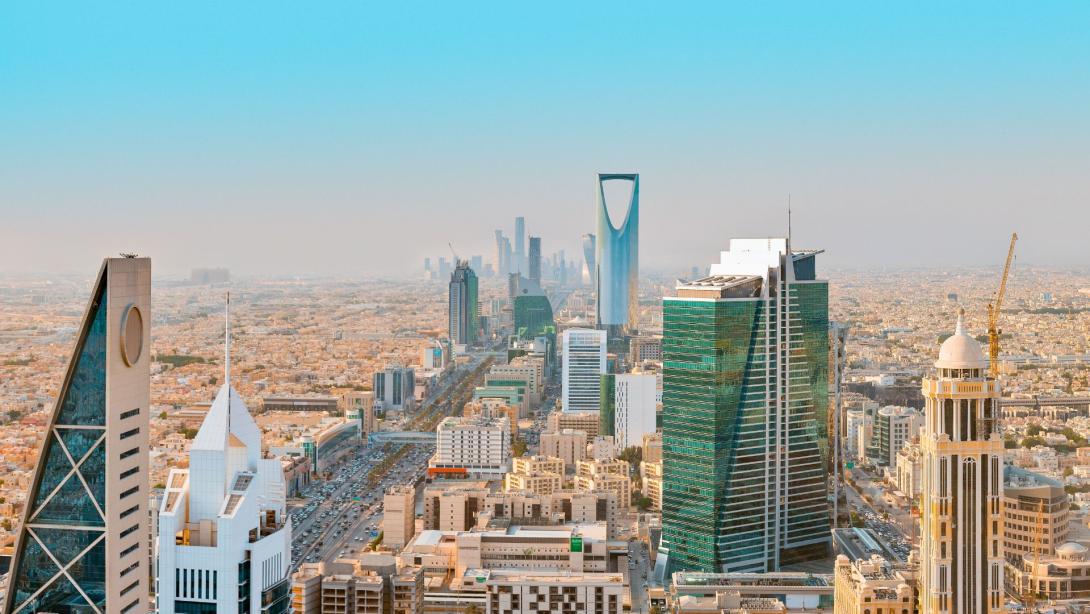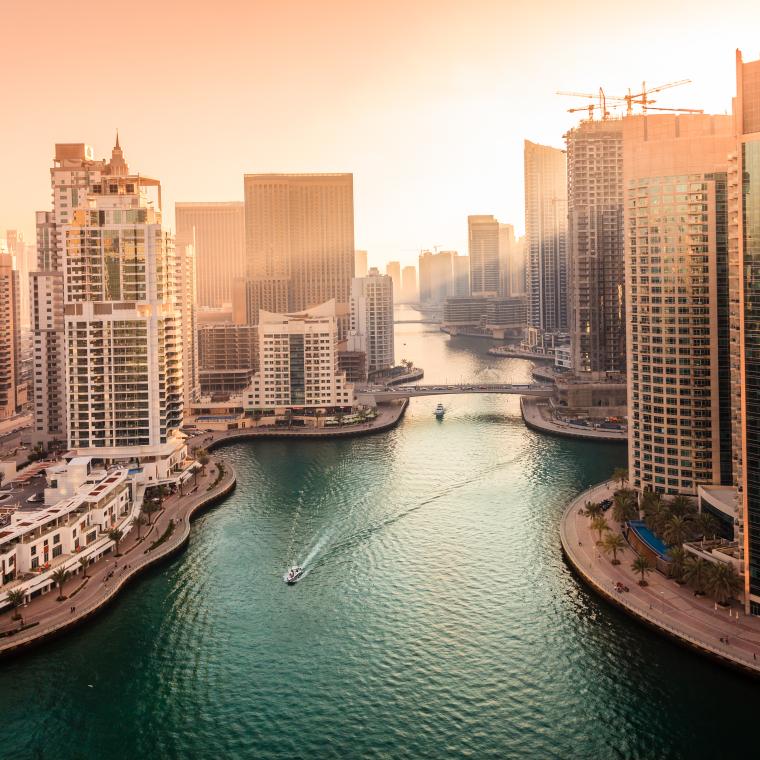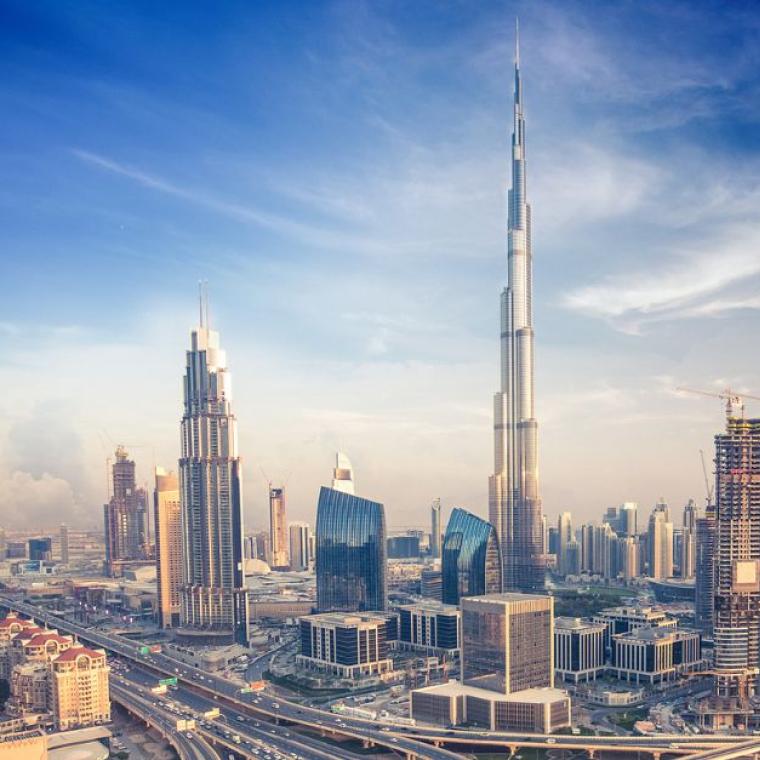
Lynda O Mahoney, Global Head of Commercial Directors – Private Clients at Ocorian
With five years to go until the realisation of the Kingdom of Saudi Arabia’s Vision 2030, how has the ambitious project attracted private wealth and family offices? With Vision 2030 expanding opportunities for investment in everything from clean tech to tourism, how have the wealthy of the ME responded to what’s on offer and taken the chance to diversify portfolios and holdings? Lynda O’Mahoney explores how family offices and ultra-high-net-worth individuals (UHNWIs) are navigating the shifting investment landscape, seizing early advantages in emerging sectors, and aligning long-term strategies with the Kingdom’s bold economic transformation plan.
As Saudi Arabia seeks to diversify and develop a more sustainable, less oil-based economy, the Kingdom has become a magnet for private capital, with much of it coming from within the Middle East. Family offices, historically characterised as responsive and long-term strategic investors, are spearheading early-mover positions in sectors yet unexploited in the Middle East. Today, as the 2030 finish line approaches, the outlines of this transformation are becoming ever clearer, with Saudi Arabia courting not just the world’s attention, but its investment as well.
A catalyst for change
Launched on 25 April 2016 by Crown Prince Mohammed bin Salman, Vision 2030 laid down a strategic vision to develop Saudi Arabia as a global investment leader[1]. Its pillars focus on developing a thriving economy, a forward-looking and ambitious nation, and a vibrant society. To investors, particularly those managing family wealth, the reforms have shown promise and optimism.
High-profile reforms - including foreign access to the Saudi Stock Exchange (Tadawul), opening up large industries, and the creation of economic zones - have dramatically improved the appeal of the Kingdom. According to Saudi Arabia’s 2024 venture capital report[2], the country has witnessed increased foreign direct investment and reported a record number of transactions in 2024, with 178 deals. This accounted for 31% of the MENA region’s total deals in 2024, up from 29% in 2023.
Most notably, Vision 2030 has redesigned the traditional Gulf norms of wealth deployment. No longer are the region’s family offices content with real estate or passive investments in Western economies. Instead, they are aggressively looking for joint investments, venture capital and public-private partnerships favouring Saudi Arabia’s national growth programme. They reason that if the Kingdom achieves what it sets out, they will benefit along with it.
A new wealth paradigm
Across the Middle East, a generational shift in family offices is occurring. The next generation of leaders, typically Western-educated and technology-aware, are steering their family capital into more purposeful, active portfolios. Vision 2030’s wide investment network, spanning sectors like clean tech, digital infrastructure, healthcare, education and cultural industries, is rich soil for transformation.
Take the Kingdom’s bold approach to renewable energy, for example. Saudi Arabia is accelerating investment in solar, wind and green hydrogen as part of its Net Zero 2060 plan[3], as it aims to reduce emissions. Projects like NEOM, the $500 billion high-tech city under construction in the northwest, are illustrative of this ambition. Clean energy has emerged as a critical entry point into the Vision 2030 narrative for UHNWIs’ forward thinking.
Likewise, tourism, once ignored in the Kingdom, is on the rise. With projects such as the Red Sea Project and the Diriyah Gate culture district, Saudi Arabia aims to host over 150 million visitors by 2030. Tourism has proven to be a significant contributor to the nation’s economy, with domestic and international tourists spending over 250 billion riyals in 2023.[4] Due to this, UHNWIs and private investors are jumping early, co-investing in hospitality property, boutique resorts and entertainment schemes.
Strategic partnerships and sovereign leverage
One of the most powerful vehicles driving private investment is the strategic collaboration between family offices and the Kingdom’s sovereign wealth structures. The public investment fund (PIF), which has assets exceeding $700 billion, has become a key partner for regional and international investors. For family offices, co-investing with the PIF means that risks are shared and there is political and operational alignment with the Kingdom itself.
The creation of five special economic zones (SZEs)[5] across four regions in April 2023, each focusing on a different industry sector, offers a platform for investors to accelerate their regional and international growth through a globally connected market. This in turn will make the Kingdom a pioneering global investment destination, in line with Vision 2030. Each of these have tailored incentives, minimising the barrier for private capital inflows. Family offices are utilising these zones to establish on-the-ground presence, usually in the form of holding companies or dedicated investment platforms.
Aligning with the future
As the countdown to 2030 ticks on, UHNWIs and family offices are amplifying their commitments to the Kingdom’s reinvention. Increasingly, they are not just passive funders but active co-creators of the future of the region. Whether it is through clean tech opportunities in Riyadh, AI ventures in Jeddah, or regenerative tourism in the Red Sea, the diversity of opportunity speaks to the scope of Vision 2030’s ambition.
As Vision 2030 moves into its decisive phase, the role of private wealth in helping to deliver its goals is taking a more central position. No longer on the sidelines, family offices and UHNWIs are at the centre of Saudi Arabia’s economic and social rebirth. In doing so, they are not just diversifying their portfolios; they are writing a new chapter for Middle Eastern history, one where purpose and partnership are intertwined.
Ocorian’s private client team delivers cross-border private client services for high-net-worth families and individuals across the Middle East and beyond. Contact our private client team today.
[1] https://www.vision2030.gov.sa/en/overview
[2] https://svc.com.sa/wp-content/uploads/FY_2024_Saudi_Arabia_Venture_Capital_Report_EN.pdf
[3] https://www.sgi.gov.sa/about-sgi/sgi-targets/reduce-carbon-emissions/#:~:text=Paving%20the%20way%20to%20net%20zero%20emissions%20by%202060&text=These%20include%20investing%20in%20new,and%20ensure%20a%20sustainable%20future.
[4] https://mt.gov.sa/about/media-center/news/171/Saudi-Arabia's-achievement-of-welcoming-100-million-plus-tourists-is-globally-applauded-by-UN-Tourism-and-WTTC
[5] https://www.vision2030.gov.sa/en/explore/projects/special-economic-zones


